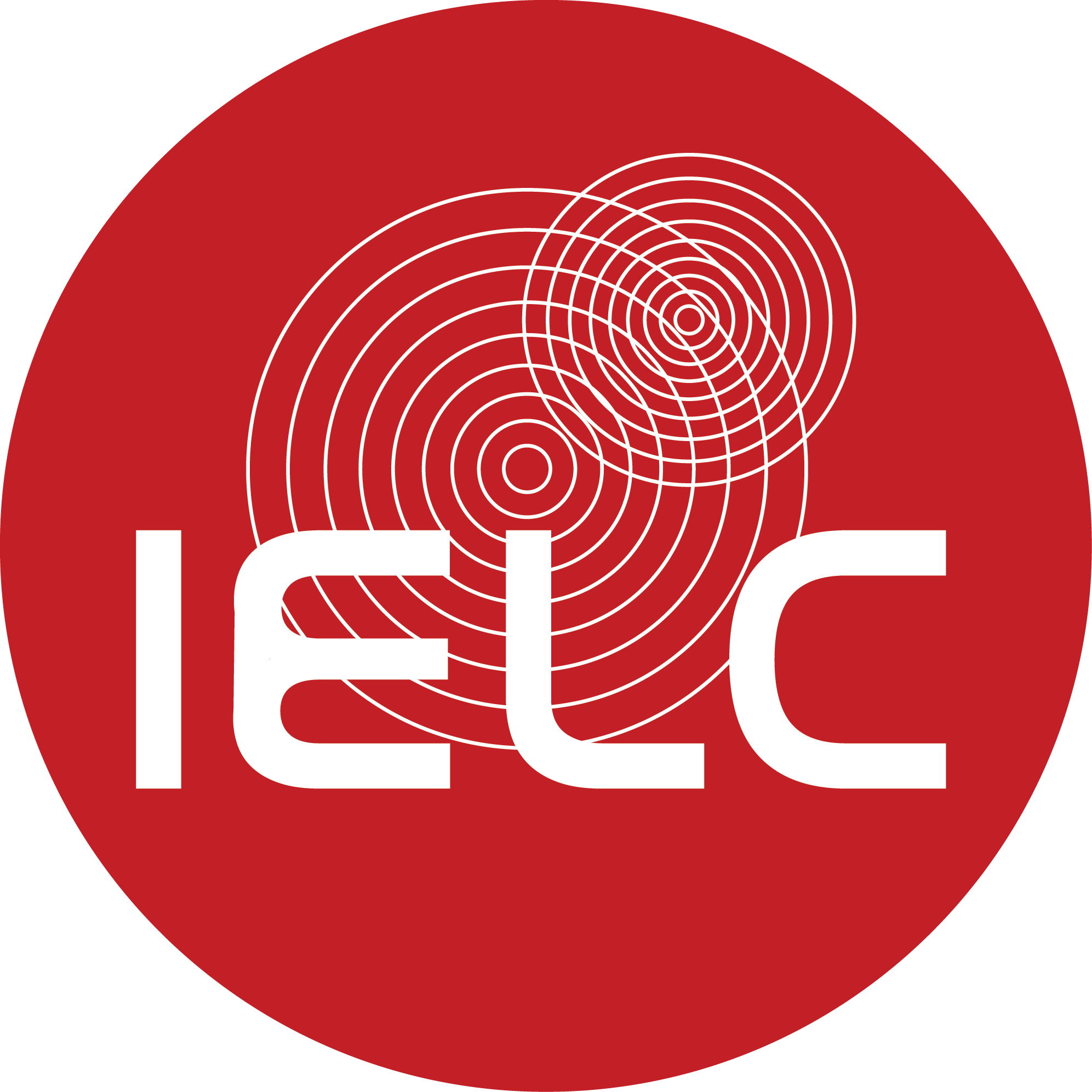|
|
Description This research project proposal seeks to investigate effects of leadership on school improvement and student learning in Hong Kong. The study builds upon 40 years of research seeking to understand the extent, nature, and means by which leadership impacts school change, effectiveness and improvement. While this body of international research has made substantial progress, issues that remain to be addressed are equally relevant to the development of educational quality improvement in Hong Kong and internationally. The study addresses the broad question, “How do changes in the capacity for distributed leadership impact school improvement and growth in student learning?” The research will develop and analyze a longitudinal data set on leadership and school improvement collected from 200 Hong Kong primary schools over four school years. We will elicit teacher perceptions of their schools' leadership capacity and a set of key school improvement variables validated in prior research. Changes in these factors will be modeled in terms of relationships to changes in student learning year-by-year. Although the quantitative research comprises the main focus of this study, we will conduct qualitative case studies of high improvement schools in years four and five. The case studies will be used to gain a more in-depth picture of processes and perspectives revealed through the quantitative analysis. The study will contribute to knowledge in five ways. First, it will provide empirically derived insights into the contributions of distributed leadership to school improvement. Second, the research will contribute to current methodological progress in leadership research by incorporating and testing dynamic as well as static models. Third, the research will analyze longitudinal data thereby offering insights into the evolving capacity of schools for change and improvement over time. Fourth, our research addresses a central concern in research on school leadership by incorporating data on growth in student learning outcomes and linking these to alterable school factors. Finally, the research is framed so that the findings will be applicable to the literature on leadership and management of organizations more generally where many of these issues are also highly relevant to scholars and practitioners. Output
Book Chapters
School Report on Student Maths Tests (Video) [Combined] [Seperated] School Report on Teacher Survey [Word Version] [PDF Version] |
|---|



